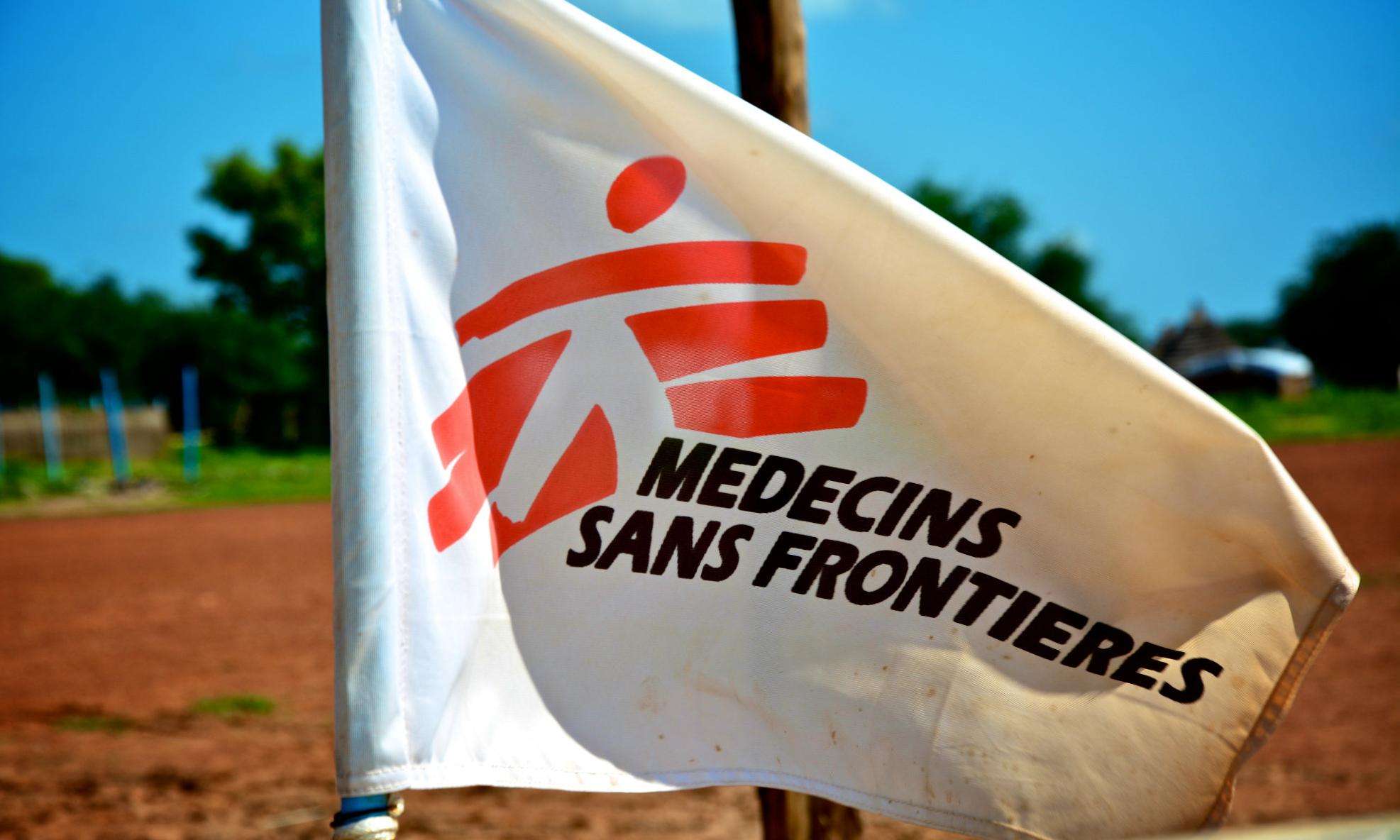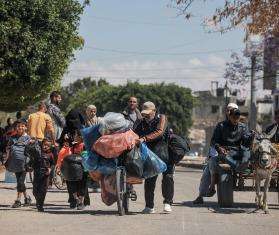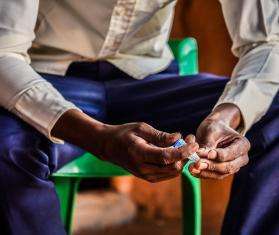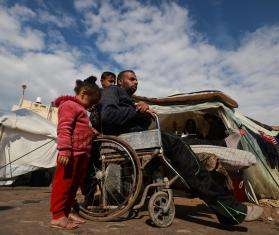NEW YORK/SAO PAULO, AUGUST 24, 2020—Federal authorities in Brazil last week rejected a proposal from Doctors Without Borders/Médecins Sans Frontières (MSF) to provide COVID-19 care to indigenous communities in the southwestern state of Mato Grosso do Sul. This rejection of medical humanitarian assistance comes as communities in the region face a rise in COVID-19 cases and deaths; they need urgent care to limit the devastating impact of the disease.
MSF already runs several COVID-19-projects in Brazil. Our teams have observed that it is difficult for people in several different indigenous communities to access health care. MSF has received urgent requests for help from local indigenous leaders in Mato Grosso do Sul.
In response, MSF proposed to offer medical aid in seven communities in the Aquidauana region, potentially benefiting a population of approximately 6,000 people. Activities would include visits to communities by health professionals to focus on infection prevention, the identification of suspected COVID-19 cases, patient referrals for treatment, and quality mental health support for communities and local health workers. In addition to community leaders, local authorities have also been very supportive of an MSF medical intervention along these lines.
The decision was made by federal authorities responsible for indigenous health in Brazil. MSF tried on August 19 to reverse the federal authorities’ initial decision to reject our proposal. We know from previous interventions to contain epidemics that our response needs to be fast in order to have a real impact and save lives. Given the urgent requests from the affected communities and support from local officials, MSF urges federal authorities to grant access so that teams can offer the necessary medical support to people at risk in Mato Grosso do Sul.
Brazil: Authorities deny MSF access to indigenous communities threatened by the spread of COVID-19

© Valérie Batselaere/MSF



